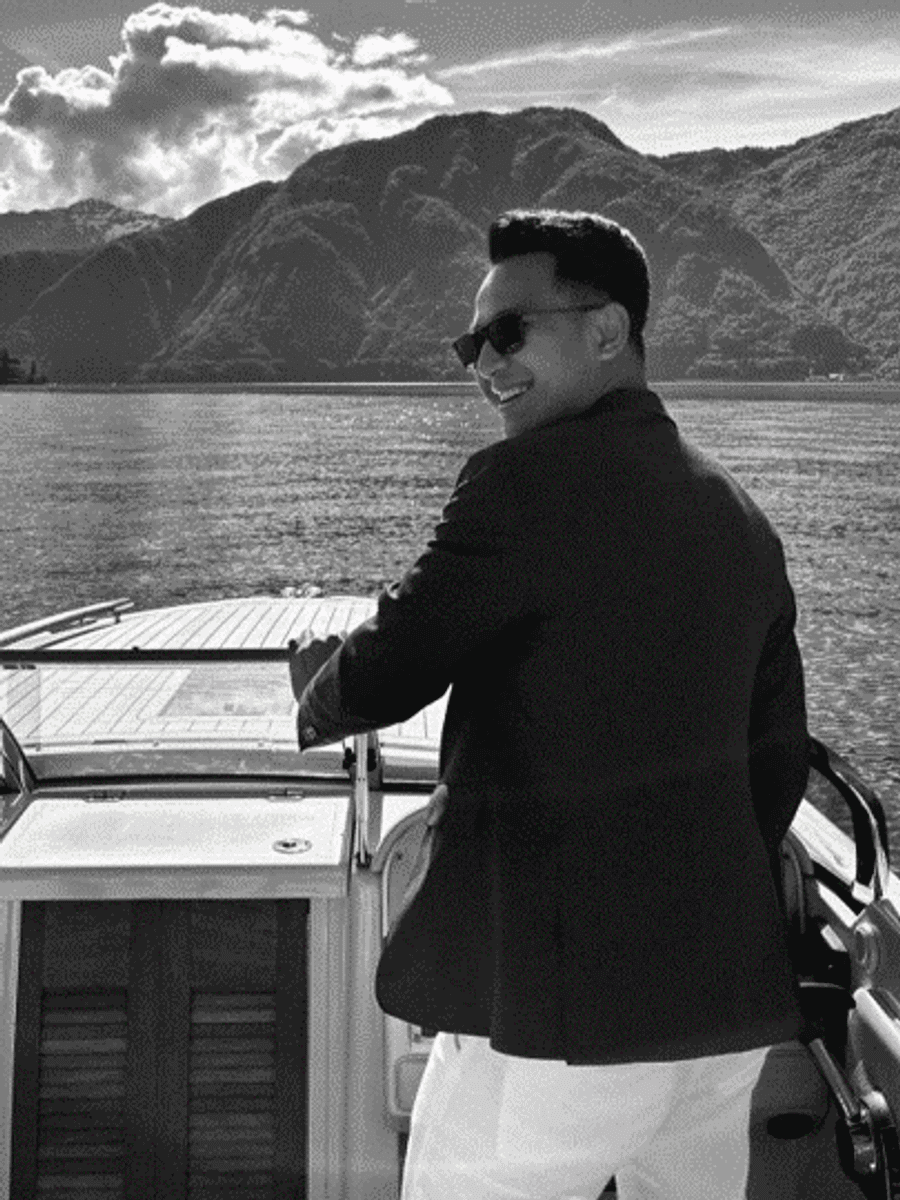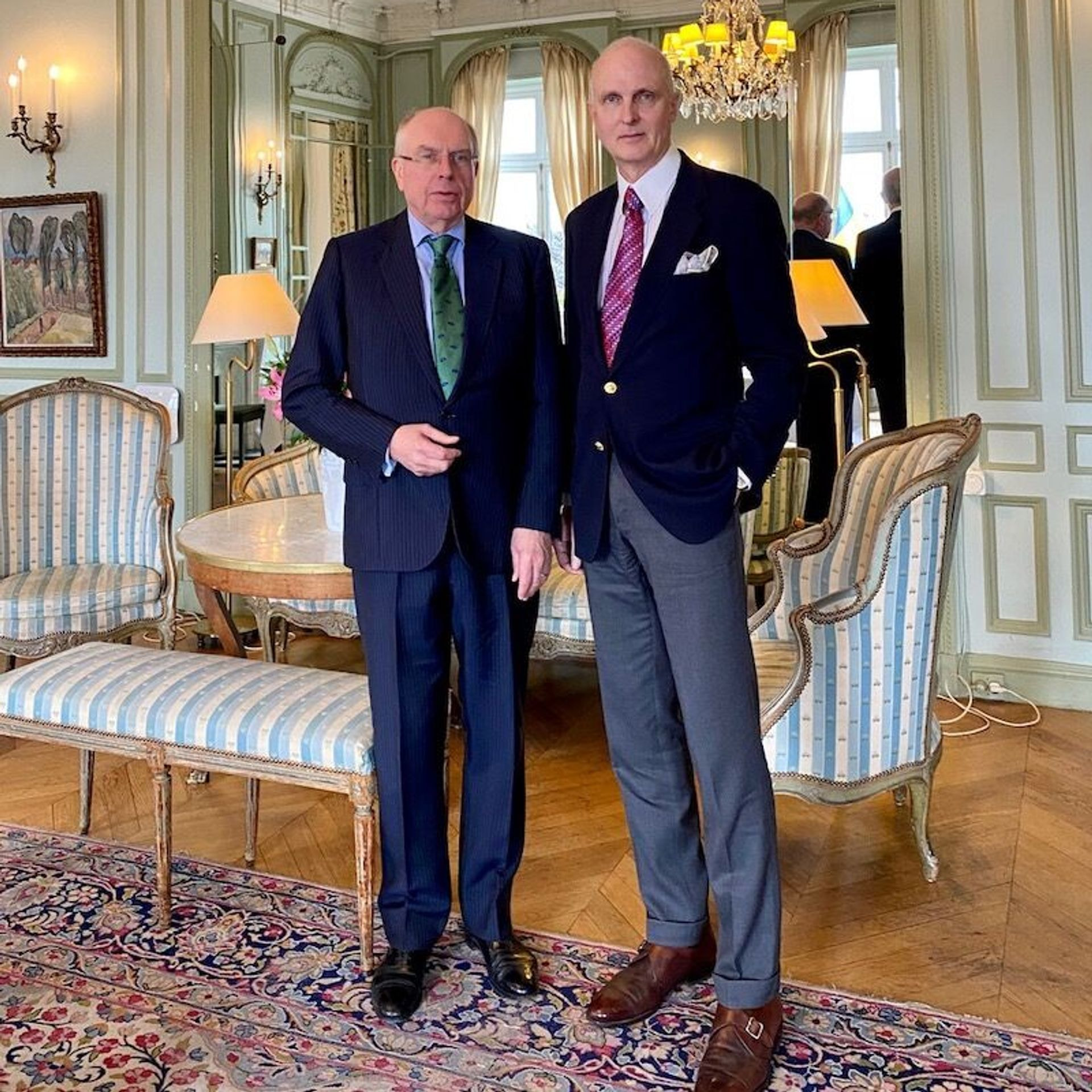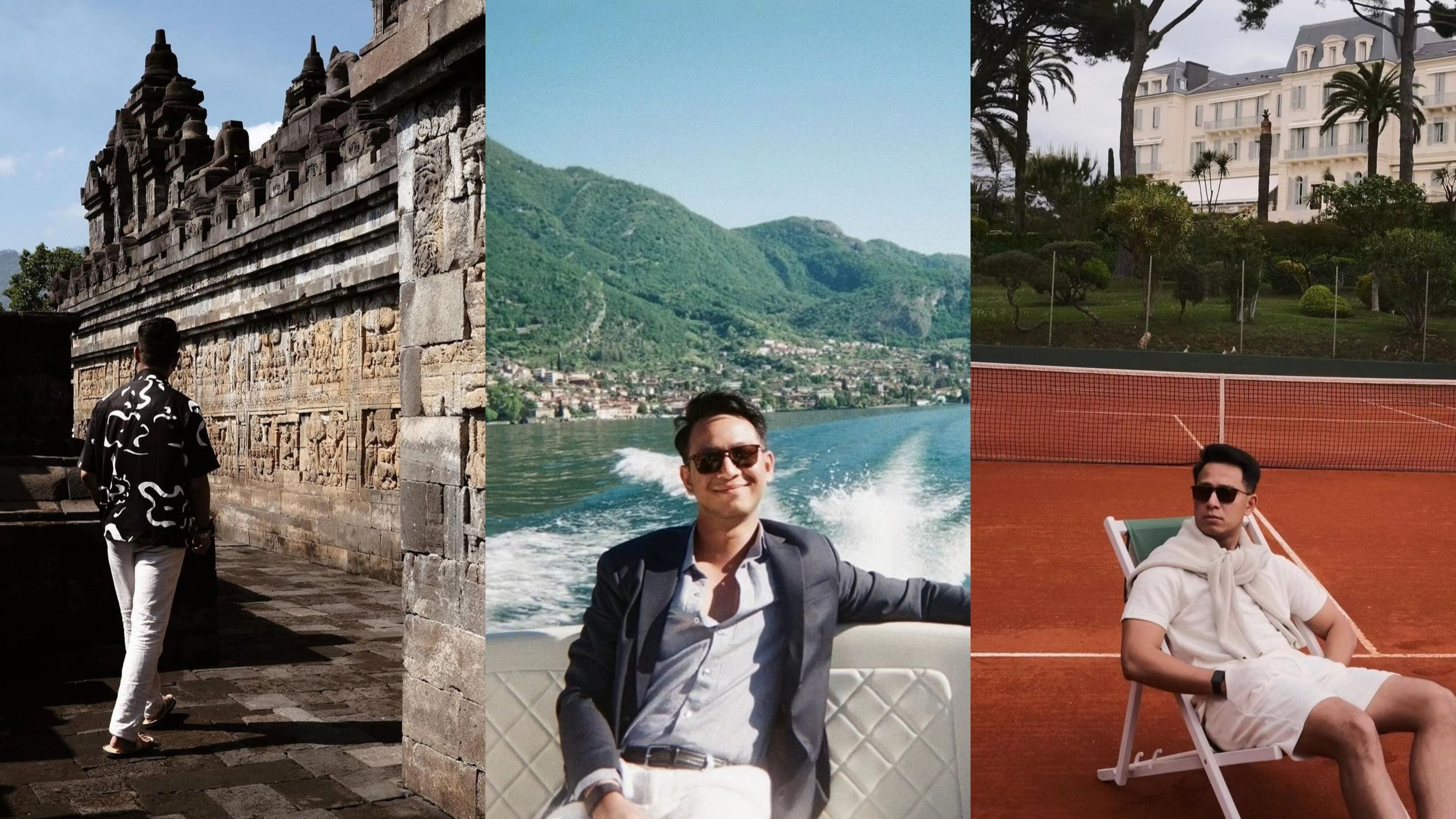Article contribution by Byron Tully
Picture: @muzzamel
I wanted to address an issue that’s come up a couple of times in the past few months among a couple of colleagues of mine. It’s an Old Money concept called The Sabbatical.
The best off-the-cuff definition I can give is that it’s a voluntary break from the normal routine, usually involving a retreat from work or professional life and maybe social life. It often involves relocation, stepping away from the routine, the work, and the social scene. It’s purpose is to give the mind and body a break, to recharge, to reflect, and to get a little perspective.

Picture: @muzzamel
I’ll say this up front: I know a sabbatical is not possible for everyone. It may not be financially feasible. It may not be possible to step away from family commitments for a month, much less a year. In highly competitive industries, taking a sabbatical might be the equivalent of career suicide: if you’re not burning the candle at both ends every day of the year, competitors and even colleagues may take your place.
I understand all these things. Still, I’d encourage everyone to consider this concept as a option, whether it’s in the short term or the long term. If you can consider a sabbatical now, do so. If it’s something you’re going to have to work for, save for, and plan for, do so.
Here’s why…
Acknowledging that taking a break might be a good thing is generally a healthy thing. Very few of us lead lives that are so rich and so rewarding that we don’t need a break from them at some point for some period of time.
We don’t know that we’re in a rut or in a bubble until we exit that routine and/or that environment. We can’t see what we were doing and how we were living until we have some time and distance away from our daily lives. Only then can we say, Oh my god, I can’t believe I was doing that every day! What was I thinking?!?
When we get a break in the action, we become aware of possible options that we have going forward. We can see, Oh, I don’t have to live like that. I don’t have to own that. I don’t have to behave that way.
These options can represent gradual changes in our values and our priorities. These options can represent a shift in how we see ourselves and our world.
If we fear leaving our professional life for more than a couple of weeks, we need to ask ourselves why. Have we put ourselves in a position where, even if we’re wealthy on paper, we can’t really go without earning an income for more than two months? If so, we need to examine our lifestyle, our spending, and our values.
If we feel that having material possessions is more important than having financial freedom–which could give us the option to take a sabbatical–we need to examine our lifestyle and our values.
If we feel insecure about not being ‘A List’ or one of the ‘Top Ten’ or whatever professional designation we strive to achieve or maintain, why do we feel that way? Is professional success the be all and end all, even after we’ve achieved financial independence? Are we compensating for a deficiency in some other part of our life?
And where does a rich, varied, and possibly non-linear life fit in? Where does a year of reading books and backpacking across Europe fit in? (Answer: obviously after the pandemic. Less obvious answer: when you finally get…what? That corner office? That new house? That new wrist watch?)
As I’ve said before, most people facing the last years of their life regret two things: that they didn’t take more risks and that they didn’t leave more behind in terms of a legacy. Notice they didn’t say: I wish I’d spent more time climbing the corporate ladder, or I wish I’d redecorated the house more often.

Picture: @muzzamel
So know this: taking a sabbatical, taking some time off, selling your business (and maybe selling your house, too) and leaving a particular way of life behind for a year or even longer is a risk. You may be miserable not working 10 or 12 hours a day. You may hate living in a foreign country. You may be miserable without your flatscreen TV and your SUV and your hot tub. You may feel adrift, useless, lacking purpose, and like the whole endeavor was a waste of time. You may never be able to recoup your financial or career ‘losses’ that taking time off cost you. You may blame Byron for the whole damn stupid fiasco.
Or…you might wake up one morning and realize you don’t feel stressed. You’re not angry all the time. You don’t need to buy something in order to feel better. You’re okay with the way you look. You’re okay with the amount of money you have in the bank. You’re okay living in a small apartment. You’re okay not being on social media. You’re okay with life happening person to person, in the present tense.
And the risk is that you might prefer your life this ‘new’ way. The risk is that you may have to accept that somewhere along the way, with the walking away, with the disruption of the routine, with the tranquility of the schedule-free day, with the unfamiliar, spartan surroundings, with the luxury of the uncluttered mind, somewhere among those disorganized, spontaneous days when you lost your ‘to do’ list and then lost the idea of comparing your life to anyone else’s…you realize you’ve changed.
There’s also the risk that you’ll realize that the drama your family regularly engaged you in at home was just that: much ado about nothing. You may find that your friends were just relationships of convenience, based on sharing an workplace, or being in the same geographic location. You may never see them, or your country, the same way after some time apart.
And when/if you return to work and social life, to the life you knew ‘before’ you took a step back, you’ll find yourself not so quick to judge, brag, assume, or jump on board with the latest trends. You’ve had a chance to look at the circus from above, from a little distance, with a little perspective. Things are not quite so black and white. Perhaps dogma doesn’t travel well.
And you may never know the value of what you’ve done until, perhaps, you sit down for a job interview upon your return. The human resources person asks you, So what have you been doing for the past year? Evenly you reply, I took a year off and worked on a farm in Wales, tending sheep, reading English literature, and working on a novel I’d always wanted to write.
And regardless of whether or not you get the job, there’ll be a priceless gem waiting for you in that moment: the look on that other person’s face.

About Byron Tully (right)
Grandson of a newspaper publisher and son of an oil industry executive, Byron Tully is an author who also writes for the entertainment industry. His nonfiction debut, "The Old Money Book," was published in April of 2013 to excellent reviews and enjoys consistently strong sales worldwide. His other works include "The Old Money Guide To Marriage", "Old Money, New Woman: How To Manage Your Money and Your Life", and "Old Money Style - The Gentleman's Edition".
Byron regularly contributes to its blog, www.theoldmoneybook.com, which has been visited by over 1 million readers since 2014.
In February of 2020, "Old Money Style - The Gentleman's Edition" was published by Acorn Street Press. This fourth book in the Old Money series reveals the fundamentals of dressing well in a classic and timeless style. In November of 2020, Byron published a 2nd Edition of "The Old Money Book", which expands on his original classic. This 2nd Edition includes vital information and insights for readers as they navigate a very different, post-pandemic world.
Byron speaks frequently about the culture and values of Old Money. He has been interviewed by KABC New York's Financial Quarterback Show, The Huffington Post, and The Simple Dollar, among others.
He lives in Paris and is happily married to an Old Money Gal from Boston.


